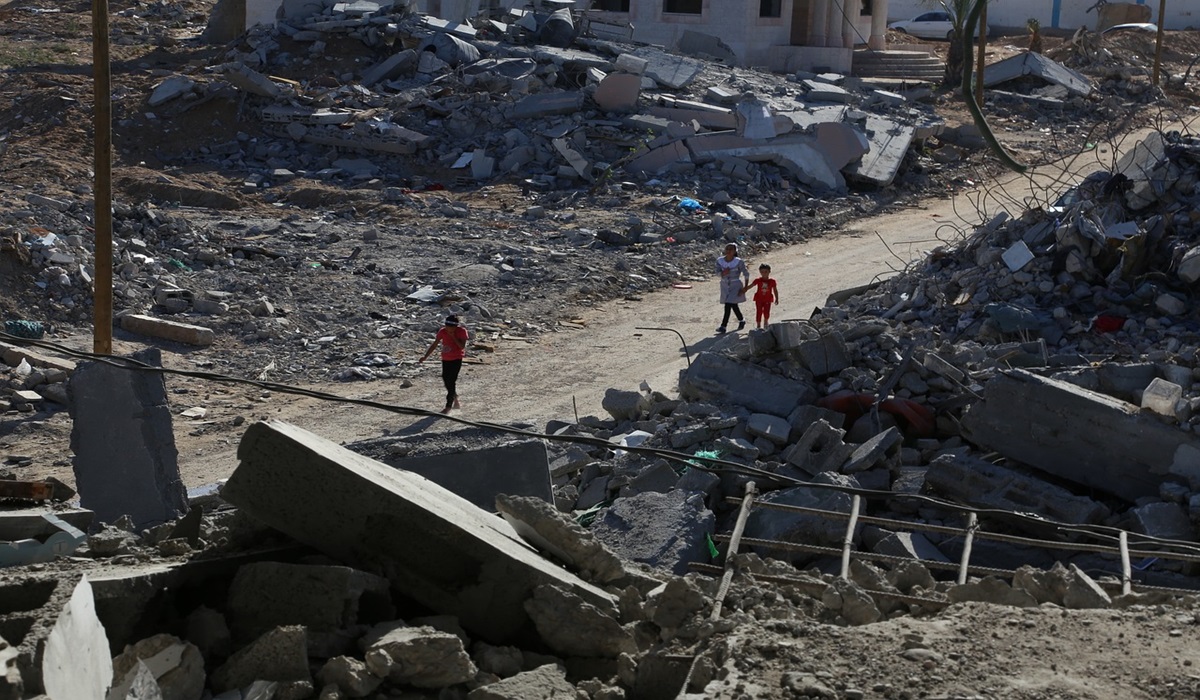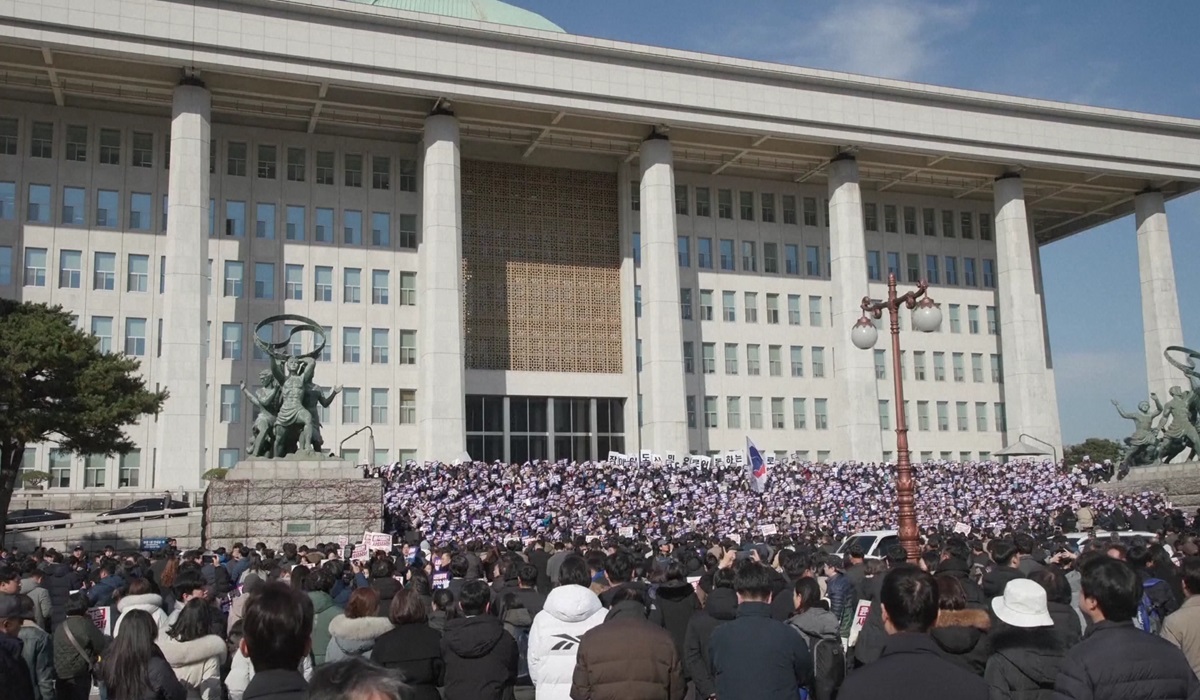In a seismic shift, the five-decade-old petrodollar concord between Saudi Arabia and the United States has lapsed, with no subsequent accord instituted. This development heralds a pivotal inflection point in global economics and geopolitics, emblematic of the evolving dynamics of international power structures.
The genesis of the petrodollar pact traces back to the 1970s, forged as a symbiotic arrangement between the United States and Saudi Arabia. Under this accord, Saudi Arabia committed to vend its oil exclusively in U.S. dollars, reciprocated by U.S. provision of military and economic aid to the Kingdom. This pact guaranteed a steady demand for the U.S. dollar, reinforcing its preeminence as the world’s primary reserve currency. Moreover, it secured a dependable energy supply for the U.S. while fortifying Saudi Arabia’s economic and military security.
This system had profound repercussions for the global economy, engendering a perpetual cycle wherein oil-importing nations amassed vast reserves of U.S. dollars to purchase oil, ensuring the dollar’s widespread utilization in international trade. This augmented demand for the dollar bolstered its value and conferred significant leverage upon the United States over the global financial system. It also enabled the U.S. to sustain substantial trade deficits, as other nations needed dollars to procure oil, thus underwriting American consumption.
The expiration of the agreement sans a successor signifies a monumental transformation. Saudi Arabia’s decision not to renew this concord reflects its evolving economic and geopolitical strategies, particularly its burgeoning alignment with the BRICS consortium—comprising Brazil, Russia, India, China, South Africa, and its burgeoning members.
Saudi Arabia’s pivot towards BRICS and its bolstered ties with China underscore a broader reconfiguration in global economic alliances. As the world’s foremost oil consumer, China has become an indispensable partner for Saudi Arabia. The two nations have consummated extensive accords for oil and gas production, further entwining their economic interdependence.
BRICS nations collectively embody a substantial segment of the world’s population and economic output. Their aggregate GDP now surpasses that of the G7 nations, rendering them a formidable force in the global economy. Additionally, BRICS countries rank among the largest global oil producers, amplifying their influence.
One of the most consequential developments within the BRICS coalition is the initiative towards establishing a new digital currency. This currency aspires to facilitate trade among BRICS nations and other countries endeavoring to diminish their reliance on the U.S. dollar. The adoption of this digital currency would enable these nations to settle trade in their own currencies or the new BRICS currency, thereby circumventing the dollar’s hegemony.
This transition towards a novel currency system represents a direct challenge to the U.S. dollar’s dominance in global trade. If successful, it could significantly diminish the dollar’s role as the world’s primary reserve currency, altering the equilibrium of economic power.
The expiration of the petrodollar concord and Saudi Arabia’s realignment with BRICS bear extensive implications for the United States. The dissolution of the petrodollar system undermines a foundational pillar of the dollar’s global dominance. Reduced demand for the dollar in international trade will precipitate a decline in its value and influence, impacting the U.S. economy.
Moreover, the transition towards a BRICS digital currency threatens to erode the financial leverage the U.S. has long enjoyed. Sanctions and asset seizures have been pivotal tools of American foreign policy. However, the move towards an alternative currency system offers countries a conduit to bypass these measures, reducing their efficacy. Furthermore, developing nations and those frequently targeted by U.S. sanctions might discover new avenues for trade and economic growth. Unshackled from the constraints of dollar-dominated trade, these nations could pursue more autonomous economic policies.
This shift could foster greater economic integration and cooperation among BRICS nations and their affiliates. This realignment might engender new trade agreements, investment flows, and infrastructure projects, contributing to a more multipolar global economic landscape.
The recent decision by the U.S. and G7 nations to seize over $50 billion of Russian assets to support the war in Ukraine has raised significant legal and ethical quandaries. Such actions, while intended to exert pressure, often contravene international law and undermine the principles of sovereignty and property rights. The shift towards alternative currency systems can be perceived as a countermeasure to these unilateral actions, providing nations with a mechanism to safeguard their assets from similar interventions.
The United States must now navigate a world where its financial preeminence is no longer assured. As Saudi Arabia and other key players pivot towards new alliances and currencies, the global economic landscape is poised for a transformation that could redefine power dynamics for decades to come. The end of the petrodollar era is not merely an economic event; it signifies the dawn of a new world order.









